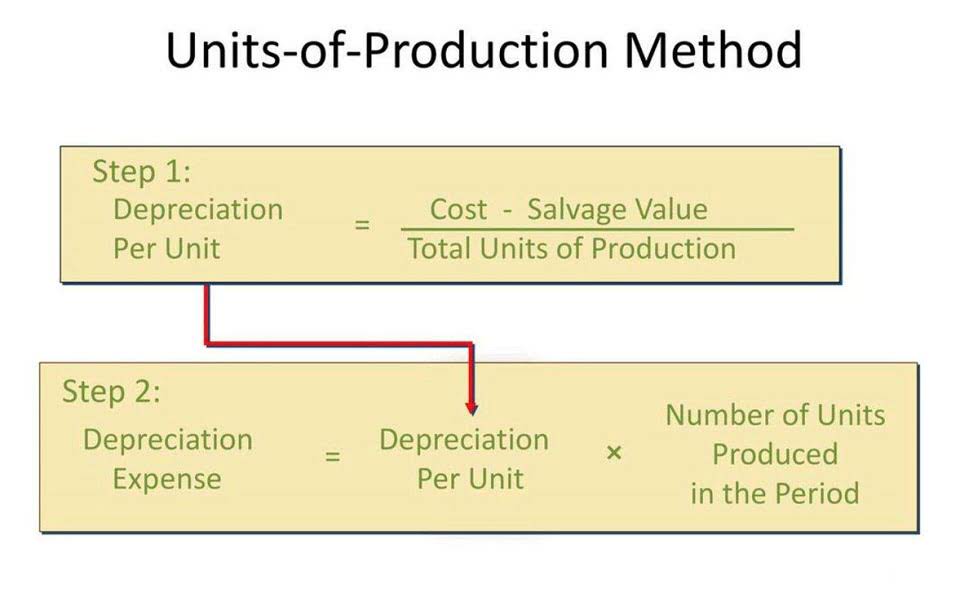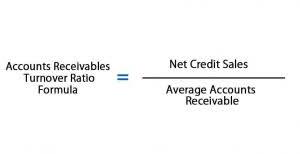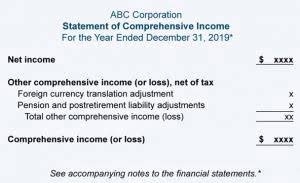Accounting In Real Estate: Best Practices, Fundamentals, And Tips For Real Estate Accounting In 2024

Good real estate accounting helps in predicting revenue streams and managing operational expenses efficiently. It plays a crucial role in optimizing investment returns and maintaining liquidity. Transparency in real estate transactions builds trust among stakeholders. Implementing internal audits, ensuring full disclosure in financial statements, and adopting ethical accounting practices are key.

Unique Aspects of Real Estate Accounting Process
This reduces errors, eliminates duplicate transactions, and improves the likelihood of balancing your books. The bookkeeping for realtors double-entry method allows you to process the purchase with a single entry and effectively verify that the debits and credits are in balance, preventing errors in any accounts. How you report income and pay taxes as a real estate agent is all based on the tax regulations in your state and at the federal level. And, in case you haven’t caught the news lately, tax laws like to change… a lot.

Separate personal and business funds.
- This involves reconciling accounts, making adjusting entries, and finalizing financial statements.
- Property owners require it for financial oversight, while real estate professionals leverage it for strategic planning.
- Real estate accounting software often offers features to streamline accrual-based accounting.
- It also helps in setting rental rates, planning for future expenses, and ensuring the property’s long-term financial health.
- Regular reviews, audits, and adherence to accounting standards are essential components.
Implementing best practices ensures that businesses operate efficiently. Advanced software solutions https://www.bookstime.com/ offer insights into the latest best practices. Training sessions offer insights into best practice implementation techniques. Accurate practices drive business success and ensure that operations remain efficient. Financial analysis offers insights into the financial position and performance of a property.

Should real estate agents do their own bookkeeping?
- With real estate accounting, you can make informed decisions, identify areas for improvement, and communicate effectively with stakeholders.
- Outsourcing staff members can be beneficial for streamlining bookkeeping processes.
- Shannon is the Content Marketing Specialist with the Becker team at Colibri Group.
- Training sessions and workshops further refine their accounting skills.
Regular reviews, adherence to industry standards, and continuous professional development are essential components. Training sessions and advanced software solutions can further enhance the chances of earning recognitions. For real estate professionals, industry accolades are a testament to their expertise.
- Real estate-specific reports, like cash flow statements, balance sheets, and income statements, provide insights into a property’s performance and potential.
- Eliminating these bottlenecks is crucial for operational efficiency.
- Companies that master the art of real estate bookkeeping set themselves apart, achieving enhanced financial clarity and strategic foresight.
- Set your business up for success with our free small business tax calculator.
- Proper bookkeeping is essential for success in the fast-paced world of real estate.
Without clean records, you or your accountant will be scrambling at tax time to claim the right deductions and report your income and expenses. But being a real Online Accounting estate agent involves some complicated financial stuff. And in any industry, running your own business has real tax implications that proper bookkeeping prepares you for. For tax purposes, real estate agents are considered self-employed, which puts you squarely in charge of your income, expenses and taxes. The next step is to look for software that can record your business expenses.

The real estate market is dynamic, with ever-evolving financial practices. Adapting to these changes ensures that businesses remain competitive. This involves staying abreast of industry trends, implementing best practices, and embracing new technologies. Balance sheets provide a snapshot of a property’s assets, liabilities, and equity.




Leave a Reply